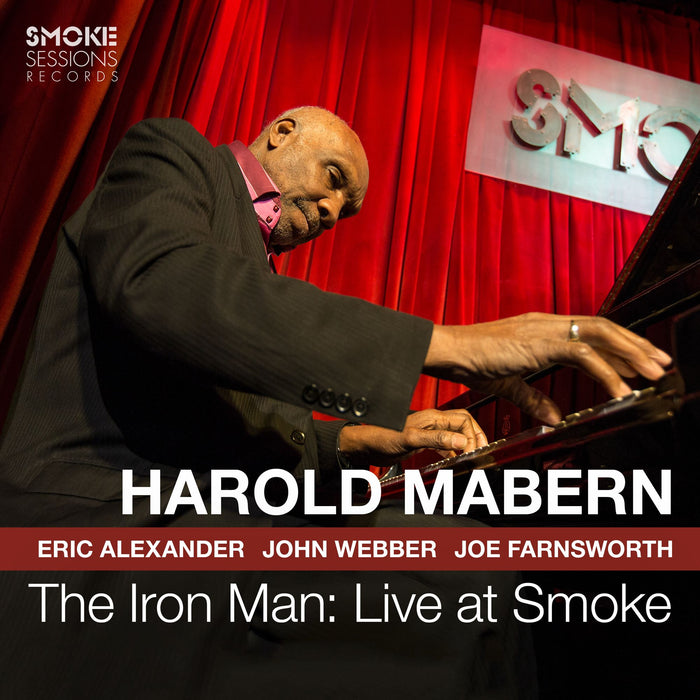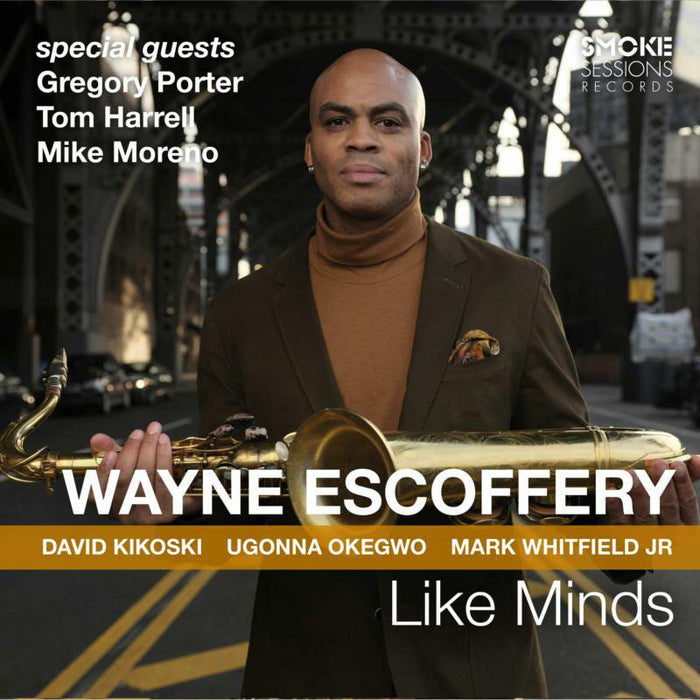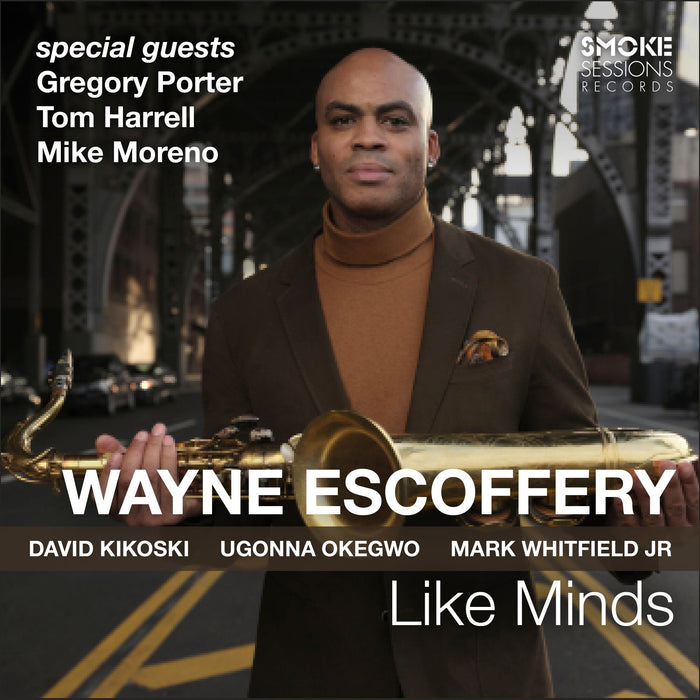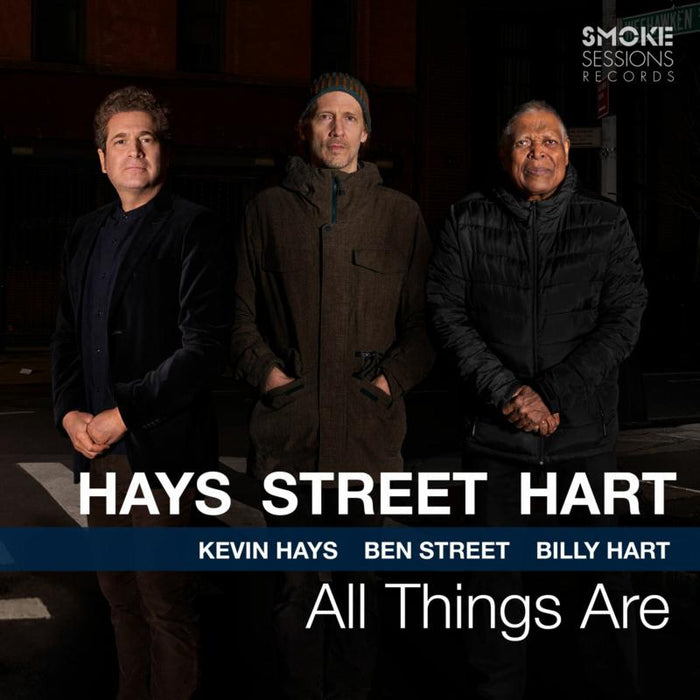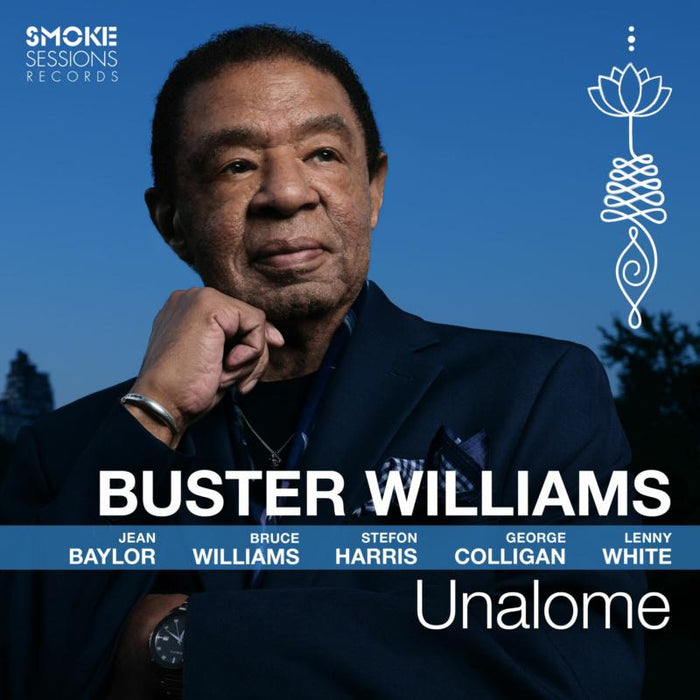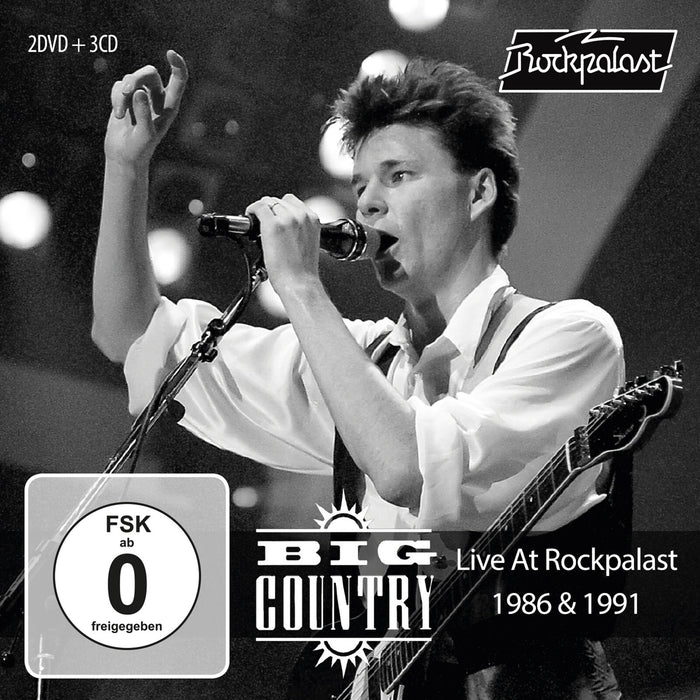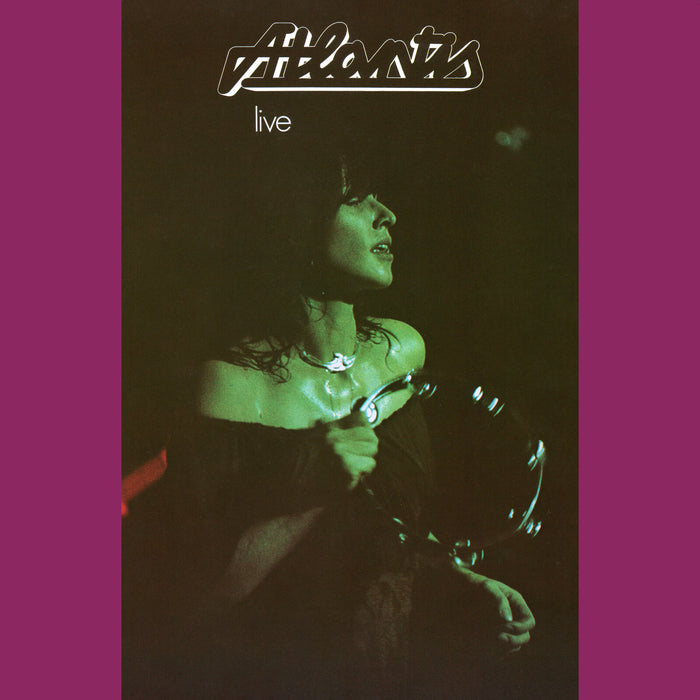Description
For anyone looking to quickly learn how Matt Dorrien's second LP differs from the first, the Portland pianist and songwriter has provided some helpful hints. The first is right there in the title. His debut was In the Key of Grey, a reflection of its somber mood and post-breakup theme. This one's called Blue Pastoral-big, expansive, rich, colorful, covering everything from fizzy samba-surf exotica to twinkling cocktail jazz. Dorrien opened the last album singing, "Baby, I'm so lost"; three songs into this one, over caramel-colored strings, he sings, "Baby, I'm so happy our paths crossed."
"I think that's the overarching theme of this record," Dorrien says. "I went on tour with Courtney Marie Andrews last year, and I had a lot of fun with her and her band, but performing alone at the piano every night-especially as a relative unknown-has a way of making you keenly aware of your insignificance. I began to realize that I have someone at home who I love, and who loves me, and I'm okay with being anonymous, as long as I'm someone to her."
It was a lesson that took a long time to learn. Growing up on Long Island, the son of a first-generation immigrant mother from the Philippines, hearing stories of brave victories-narratives of triumph and success over unbelievable odds-were an integral part of his childhood. "My mother first arrived in Los Angeles in the 1960s when she was in her early teens. Her father, my grandfather, was in the Philippine Air Force and fought the Japanese during WWII, barely escaping The Bataan Death March. When we were children, he would tell us these harrowing stories about his time in battle, and his emotional recounting of the American commander General Douglas MacArthur's promise to return to the Islands stuck with me. Without getting too deep into the history, the Filipino people have been colonized many times-last but not least by the U.S.-and despite this problematic relationship and the internalized racism it has contributed to, Filipino people love Americans and American culture."
That love of American culture was everywhere when Dorrien was growing up. His grandmother on his mother's side would watch The Sound of Music with Dorrien and his sisters any time she babysat. His mother loved The Supremes, Dionne Warwick, and the Carpenters, and his father-himself a descendant of Italian, French, and German immigrants-loved Frank Sinatra, Nat King Cole, and the music of The Great American Songbook. "This amalgamation of the culture of oppressed peoples-the African American contribution of jazz and the Jewish American contributions to popular song-produced something so beautiful and uniquely American. There's something about those lush 7th, 9th, and diminished chords, paired with clever turns of phrase, that was the standard during The Golden Age of American Song. I also love the melancholy nature of the music. No matter how happy the song, there always seems







